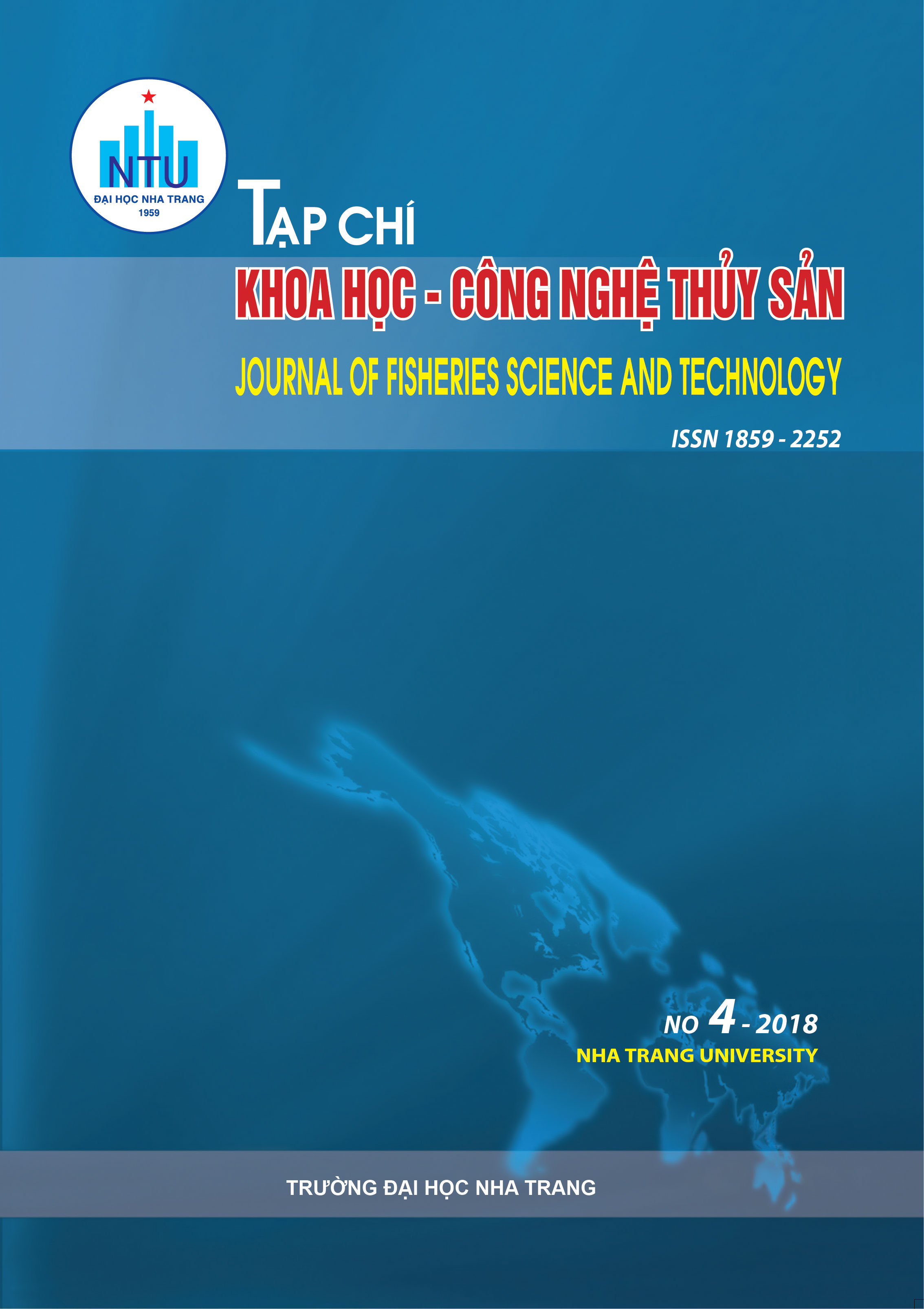##plugins.themes.huaf_theme.article.main##
Tóm tắt
The necessity of selenium (Se) in maintaining normal growth and physiological functions have been demonstrated in fish due to its important role as a cofactor in glutathione peroxidase enzyme (GPx), protecting cell membranes against oxidative damage. The deficiency of Se can lead to reduced growth, feed utilization and health status in farmed fish. Whereas fish fed elevated dietary Se levels results in reduced feed utilization and adverse effects on physiological performance and impaired histology. Dietary Se requirements have been quantified for some marine fish species with varied results, probably due to the differences in bioavailability, sources of Se, protein ingredients as well as the interaction of Se with other nutrients in the diets. Besides, due to the narrow gap between deficiency, optimality and toxicity of Se level, it is imperative to find out the exact dietary Se requirement for any aquatic species. This review summarizes the available information regarding dietary Se requirements in marine fish. The effects of Se deficiency and its toxicity in marine fish also are discussed.
Keywords: selenium, marine fish, toxicity, requirement

